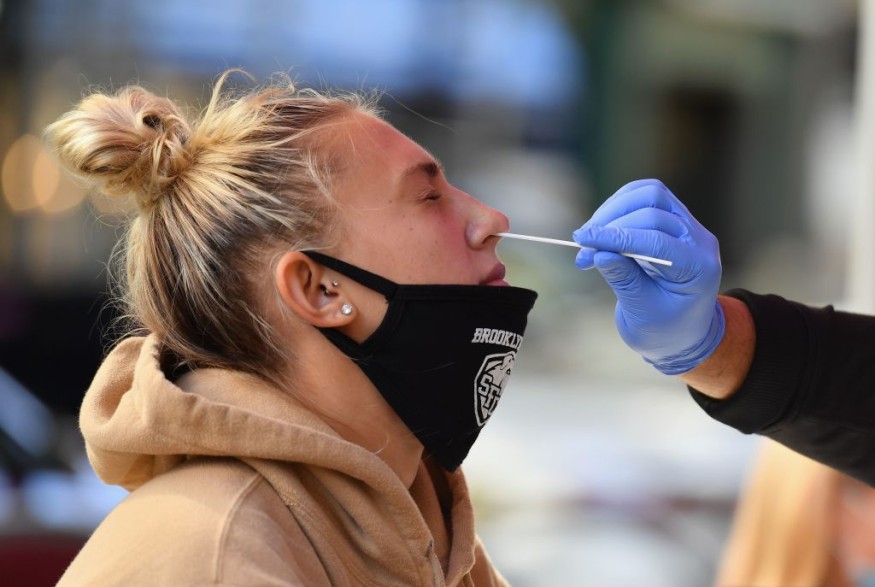A new molecular study suggests that a recently developed biological mask called TriSb92 could protect an individual from the risks of a COVID-19 infection in eight consecutive hours. The examination of the cell culture research also found that the protection could last even if a system is severely exposed to the coronavirus itself. Compared to the effects of a standard COVID-19 vaccine, the TriSb92 can immediately process its functions right after administering the selected dosage.
TriSb92 Molecules on Protection Against SARS-CoV-2

University of Helsinki expert and author of the study Anna Makela said in a report by MedicalXpress that their research included a series of testings that involved the help of mice subjects. The system of the models showed a response and was protected from infections after the application of TriSb92. Before the application, the subjects were initially infected and highly exposed without any protection against the virus.
TriSb92 is a type of molecule developed from a novel combination of technical approaches. The idea was first initiated in Finland, as the experts wanted to produce a new solution against a virus in the form of biological drugs. The structure of the TriSb92 model was then modified by scholars from the University of Helsinki to control the infectious capability of the spike proteins in the surface of a unique virus called SARS-CoV-2, the same virus that caused the pandemic.
Makela explained that their development with the functions of the TriSb92 molecule could inhibit the common spike protein found in all variants of COVID-19 and mitigate the ability of each of them, including the latest omicron, towards infecting many people in the global population.
Previous molecular studies that included the mitigation of TriSb92 to model virus showed promising results against SARS itself, which has been a problematic type of infectious disease that threatened global health in the early 2000s.
Due to the development of TriSb92, Makela said that their team is confident to assume that the future SARS-CoV-2 variants in today's time and the future coronaviruses that could appear and threaten another pandemic in the future are susceptible to the molecule.
Nasal Spray Treatment NOT Substitute for Vaccines
The solution is easy to distribute and apply for treatments, as instead of the traditional injection, the TriSb92 is administered through the nasal passage. The future of biological protection against the threat of COVID-19 infections was intended to give non-invasive, secure, and effective application straight to the mucus membranes.
Although the solution revolving around the TriSb92 molecules is at hand, the authors of the study made it clear that the administration of vaccines is still necessary. Makela's studies are linked to the initial progress of nasal vaccine development in the university's laboratory led by co-author Kalle Saksela.
The separate study is now on clinical trials, but with seemingly overwhelming solutions available, the experts emphasized that TriSb92 is supposed to serve as supplementary support for the vaccines and should not be taken as a competition of the most effective solution today.
Saksela said that the molecules to fight off the virus and any antiviral drug available could not replace the vaccines to protect the global population from COVID-19 infections. The study was published in the journal Biological Science, titled "Intranasal inhibitor blocks omicron and other variants of SARS-CoV-2."
RELATED ARTICLE : Here's Why Women's Menstrual Cycle Is Slightly Adjusted After Receiving a Dose of COVID-19 Vaccine
Check out more news and information on COVID-19 in Science Times.
© 2026 ScienceTimes.com All rights reserved. Do not reproduce without permission. The window to the world of Science Times.









